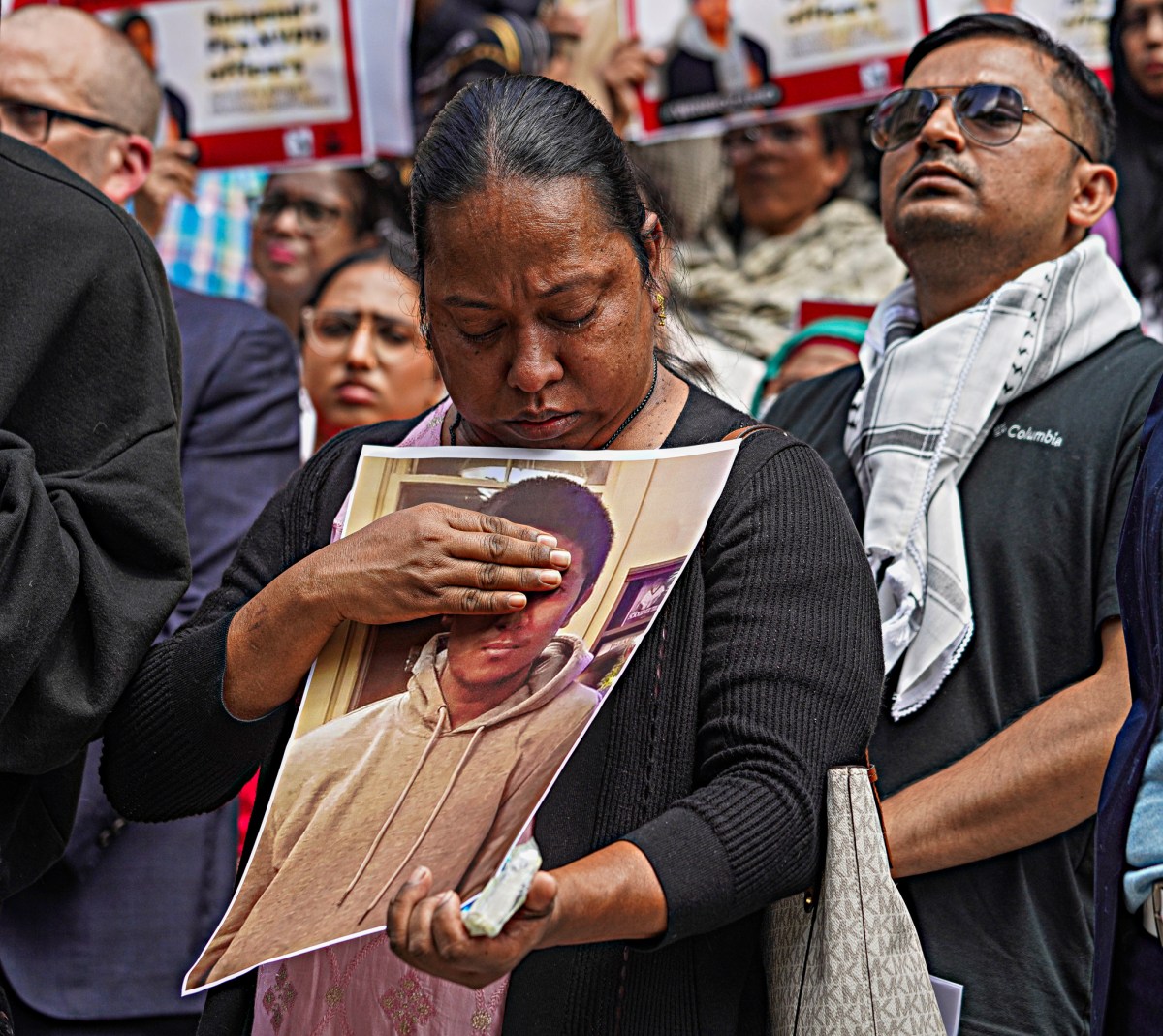One Year Later: Family Demands Justice for Queens Teen Killed During Mental Health Intervention

The grieving family of Win Rozario, a Queens teenager tragically killed by police during what should have been a cry for help, continues to seek justice and understanding in the wake of their devastating loss. Rozario, who was experiencing a mental health crisis when he called authorities for assistance, was fatally shot inside his own home—a heartbreaking turn of events that has left his loved ones demanding accountability and systemic change.
The incident highlights the critical need for improved police response protocols when dealing with individuals experiencing mental health emergencies. Win's family is now advocating for better training, compassion, and de-escalation techniques that prioritize human life and mental health support over immediate force.
Their ongoing pursuit of answers reflects not just personal grief, but a broader call for reform in how law enforcement interacts with vulnerable community members during their most challenging moments. Win Rozario's story has become a painful reminder of the urgent need to reimagine public safety and mental health intervention.
